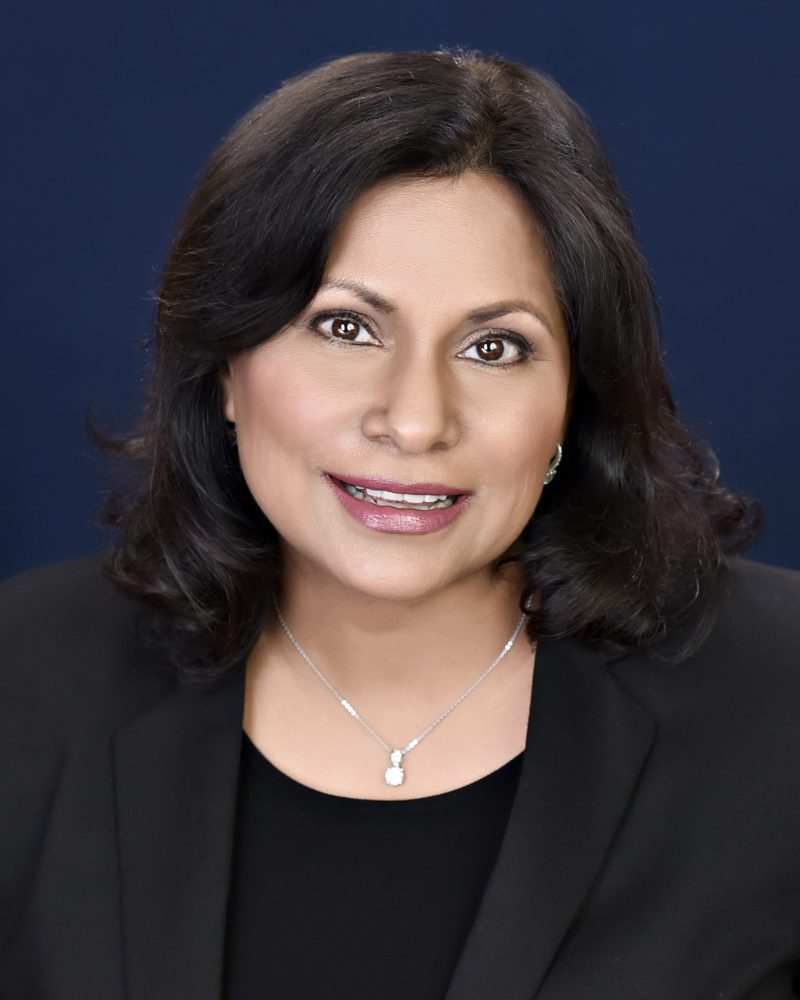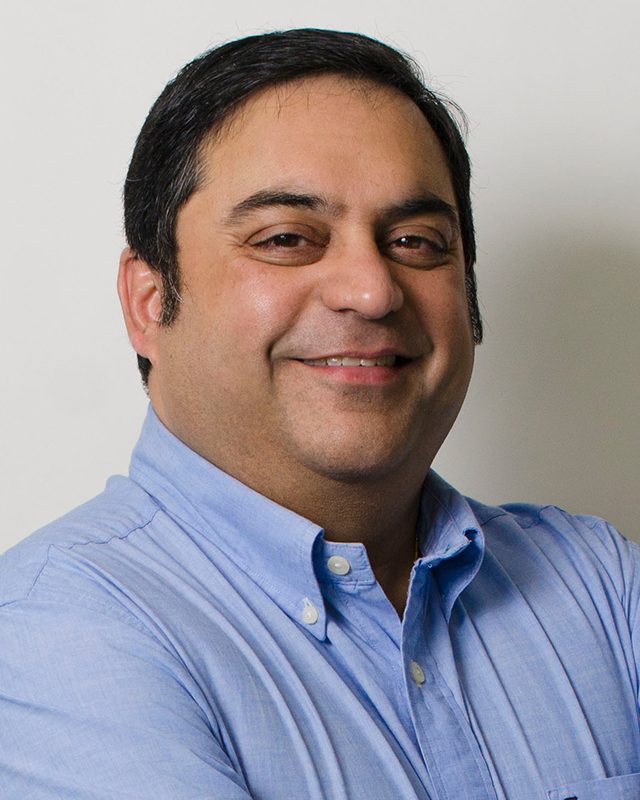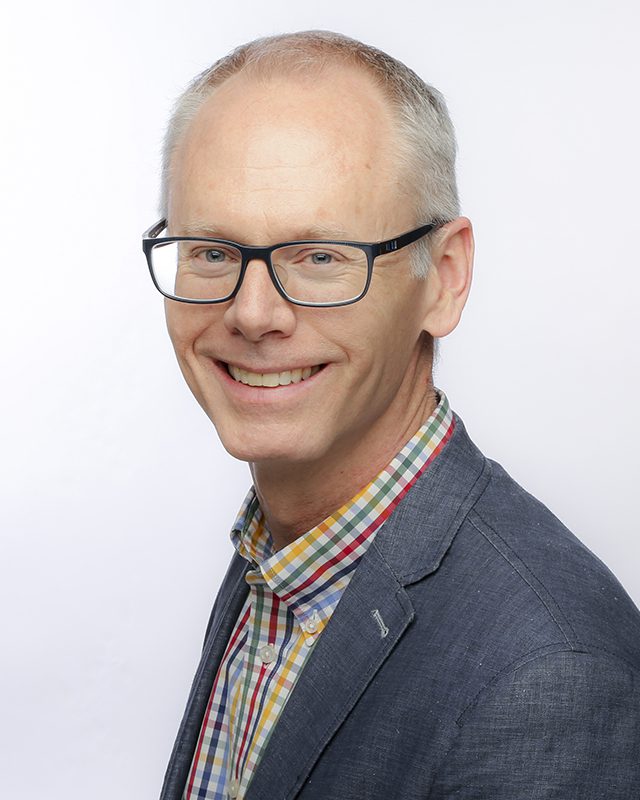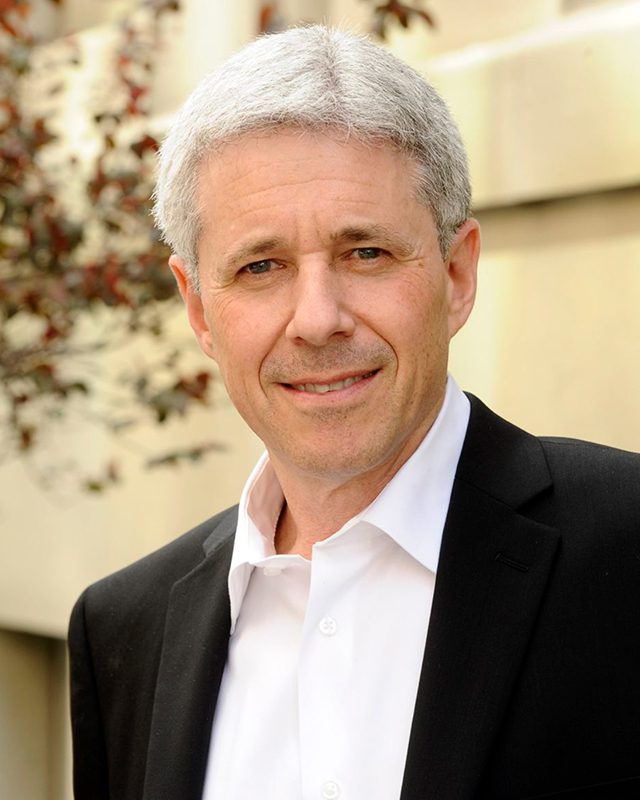This month, members of the Ontario Medical Association begin voting for the next president of the Canadian Medical Association.
Ahead of the election, which runs from Feb.15 through March 7, Healthy Debate decided to put four questions to each of the candidates. Each day this week, from Monday through Thursday, we present all of their answers to one of the questions. We’re calling this series “Four for four,” and we believe it offers a unique opportunity to get to know the candidates and gain an understanding of the next president of the CMA.
The four candidates are: palliative care physician Dr. Sandy Buchman; psychiatrist Dr. Mamta Gautam; emergency physician Dr. Atul Kapur; and family physician Dr. Darren Larsen. Below, they answer the second of the four questions Healthy Debate asked.
Read their answers to the first question, on parents who prefer not to immunize their children, and the third, on the move to more patient-centred health care.
There is increasing concern about physician burnout. How would you help the physician community?
Physician burnout has been a significant area of focus for me as a psychiatrist since 1990, and is now receiving the wide attention it deserves. Surveys in Canada and the U.S. show that about half of practising physicians are impacted. While not a psychiatric diagnosis, it can lead to serious problems such as physical illnesses, problems in relationships, and mental illnesses such as anxiety, depression and suicide. It also impacts our work, with associated increase in errors, reduced physician and patient satisfaction, and difficulties with recruitment and retention. Some of the drivers for burnout are intrinsic, such as our compulsive personality, high sense of responsibility and high self-expectations; extrinsic such as high workload, administrative burden, feeling undervalued and challenges in work-life balance; and reinforced by the culture of medicine which urges us to never show weakness, be invincible, and put the patient first.
Since 1990, I have been helping the physician community by my clinical work in treating physician colleagues; raising awareness and working to reduce the stigma of mental health; designing and developing educational programs; urging colleagues to make self care a priority; training and mentoring others to care for physicians; and creating programs for stress management, resiliency training, and mindfulness. The focus had been on treating individual physicians, as that was the part that was under their control. For decades, I met and lobbied with organizations to support the physicians working within. I am pleased to see that we have now reached the tipping point, can stop blaming the doctors and expand our focus to system level interventions. I would strongly advocate for a model of shared responsibility where both the individual physician and the health care system work together to keep physicians healthy and able to maintain the joy of medicine.
Dr. Mamta Gautam is an Ottawa-based psychiatrist, and an expert in physician health and physician leadership.
There is increasing concern about physician burnout. How would you help the physician community?
There are two approaches to dealing with this issue, systemic and individual. Both need to be addressed.
We’ve heard much about resiliency and the need to teach it to our trainees and practising physicians. I know the importance of this and will support efforts to expand such programs. The Resident Doctors of Canada, for example, have done great work by developing and rolling out a Resiliency Curriculum.
But we also need to raise awareness and call for action on the system-level issues that are causing increased stress, such as the pressure to respond to increased demands for care with inadequate infrastructure support. As well, there is the ever-increasing administrative and clerical burden, including insurance paperwork.
Many are working on combating burnout in imaginative ways, including actively taking away administrative tasks and recognizing that physicians volunteer much of their time by providing “time banking” to trade, for example, committee work for in-home assistance. I will push for the CMA to advocate for these novel ideas that advance my goal for my presidency: Making it easier for doctors to do their job of taking care of patients.
I also think the CMA could have a real impact dealing with professional collegiality and support for physicians. Any physician who has made a medical error, has had a complaint to the College, or has been through a medical-legal situation, is keenly aware of the shame that is associated with these events. While legal and quasi-legal processes will continue to be a part of the system, we need to work to ensure that they are fair and reasonable, while working to restore some of our lost collegiality. This way we can support our colleagues, especially during difficult times.
Dr. Atul Kapur is an emergency physician in Ottawa, political advocate and proponent for a smoke-free Canada.
There is increasing concern about physician burnout. How would you help the physician community?
I am mindful that physician burnout is a serious problem today. It leads to loss of empathy and fatigue, errors and poorer quality of care.
The causes of burnout are varied and complex. We throw blame at hospitals, paperwork, patients, compensation, technology, responsibility. None of them alone are enough. Neither is it merely a matter of personal resilience. The pressure of our work weighs on us daily in the administration of medicine, but also in clinical care itself. When patients experience loss, death, grief, injury, suffering or barriers to access, we feel it too. These losses are especially difficult when related to systems issues such as overcrowding, poverty, or wait times. We cannot give up empathy, but rather we must use it to inspire change in the system.
But how?
First, we create a safe space. I promote a culture of honest conversation and open feeling. Burnout is not a sign of weakness. We must encourage doctors to reach out, recognizing symptoms in themselves. Formal and informal support networks should abound. Relief comes with time for reflection and self care.
I will support communities of interest to keep specific passions alive, driving meaning in our work. We need to remember and recreate that awe of our first weeks of medical school, reconnecting with the human part of medicine to find joy.
Advocacy fights burnout. Joining together in a common cause of improving our cherished health system will buoy us up. I would bring innovation and creativity to CMA, making us stronger. There is much that is good to build upon.
Can CMA Association fix every problem? Not all. But as a collective voice for 85,000 physicians it has tremendous influence. We need a bold modern leader to head it. This is what I bring to the table in running!
Dr. Darren Larsen is a family physician with Women’s College Hospital Family Practice Health Centre and Chief Medical Information Officer for OntarioMD.
There is increasing concern about physician burnout. How would you help the physician community?
The demands on physicians seem to be ever-increasing. The gap between these growing expectations of our services and our professional ability to deliver the quality of care we want to deliver is leading to widespread burnout. Many physicians have lost enthusiasm for work. They become cynical and no longer experience a sense of personal accomplishment. They wonder why they went into medicine in the first place. Physician frustration, dissatisfaction and ultimately burnout are the early warning signs of a health care system creating barriers to high quality practice. What can the CMA do?
There now exists strong evidence linking poorer patient clinical outcomes to physician burnout. Governments, hospitals, residency programs, our regulatory colleges and the general public have failed to appreciate the link between physician well-being and patient health. Optimal physician well-being should be a goal we seek to achieve in and of itself. However, linking physician well-being to patient outcomes may finally persuade governments to actually address the context in which physicians work to reduce the barriers to our care of patients and the consequent poorer clinical outcomes.
Building on the recent excellent CMA Physician Health Policy http://policybase.cma.ca/dbtw-wpd/Policypdf/PD18-01.pdf , we now need to demonstrate that physician well-being is essential for population health. It leads to appreciation and recognition of physician efforts. This new goodwill develops for both physicians and the public institutions and systems in which we work, leading to improvement in the physician work environment helping to reduce burnout and sustain well-being and in doing so, the health and well-being of our patients. As CMA President, I would help the physician community by raising the public’s awareness that their health is directly connected to physician well-being and use it to advocate for better working conditions for all physicians, in order to ensure improved health and well-being for all.
Dr. Sandy Buchman is a palliative care physician providing home-based palliative care through Mount Sinai Hospital and palliative care for the homeless through St. Michael’s Hospital in Toronto.






The comments section is closed.
I think one of the doctors hit the nail on the head. “the culture of medicine which urges us to never show our weaknesses”
To not show weakness makes patients distrust you. To have burnout happens in every single job, but in medicine it is not seen as a mental illness? Yet a word such as compulsive personality is used.
I often wonder if one in four people has a mental illness, that must mean that one in four healthcare people have a mental illness.
Now first off, I do not believe for one instance in the DSM or the contemporary model of ‘mental illness’.
What I do believe is that stress and our reactions to it is a universal malady and part of all animals and we are forever in search of how to lessen the stress.
Everyone is affected, from children in stressful households, to dentists, office workers, assembly line workers, even your dog or fish has stress.
For people, being authentic within themselves is a great stress reducer. But egos often fight with being authentic and tries to maintain control. This will lead to stress or a dishonesty within the doctor and does not help the patient.
We really have to get away from the doctor/god system.
No patient wants their doctor to be a god. They want them to be their honest hero. Not to save them, but be on their side, it would go a long way to have a satisfying end result for patient and doctor and in fact might result in doctors having to worry less about potential legal responsibilities. If you caused no harm, physically or emotionally, you have lived with integrity.
I am not underestimating a doctors position. But I can assure that things are slow in changing, but change they will. We hope for the better for doctor and patient.
What better life than to strive for an imperfect partnership, where a doctor does not see every single thing as pathological, but part of life, but strives to better life for himself and the patient.
THose are my two ‘sense’ on this issue.